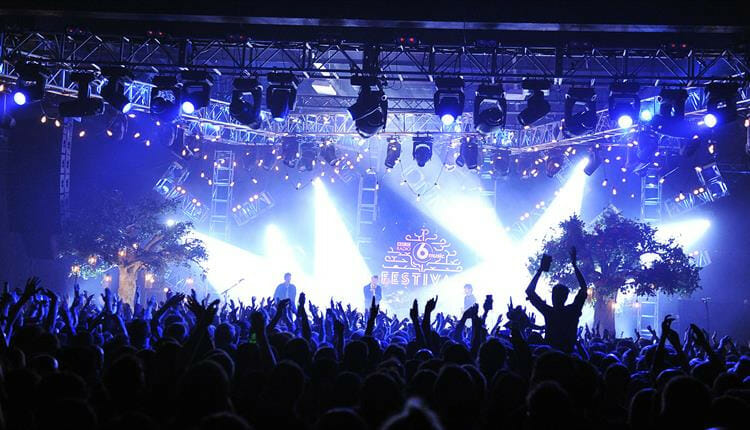Feels like just yesterday that Nigerian music was a well-kept secret, the rhythmic beats and catchy melodies confined largely to the Motherland and pockets of the diaspora. But those days are long gone. Nigerian pop culture has exploded onto the global scene with a confidence and intensity unlike anything we’ve witnessed before.
At the forefront of this cultural renaissance is the undeniable force of afrobeats – that electrifying fusion of West African musical styles with influences from hip-hop, reggae, and EDM. It’s a sound that simply commands you to move, with each pulsating beat and rap-sung vocal cutting straight through to your soul.
Leading this charge are artists like Burna Boy, who has risen like a veritable African giant, using his Grammy-winning platform to amplify the struggles and triumphs of the continent. His explosive performance at last year’s Born Again tour left crowds across the world spellbound, as he seamlessly blended political commentary with club-banging rhythms.
Then there’s Wizkid, the afrobeats king who’s turned the world into his dancehall through a masterful command of melody and infectious grooves. From humble beginnings in Lagos to selling out the O2 Arena and crashing the stadium tour of his friend and frequent collaborator Drake, he’s etched himself into the pantheon of global superstars.
And we can’t forget Davido, the Nigerian heavyweight who has helped bring afrobeats to the mainstream. With a flair for catchy pop hooks and high-energy performances, Davido has consistently churned out hit records like “Fall” and “If,” while collaborating with international acts like Chris Brown and Popcaan. His Afro-pop mastery has made him one of the biggest Nigerian superstars in the world.
Then there’s the rise of Tems, the singular alto racking up one explosive feature after another. Her show-stopping vocals and poetic lyricism have made her the secret sauce on tracks with Drake, Future, and Beyoncé – proving that the Nigerian sound resonates at the highest levels of pop culture.
But Nigeria’s global impact extends far beyond the pure sonics. The nation’s unique style and aesthetics are casting an unmistakable influence across realms like fashion, film, and social media. The bold, vibrant patterns of Nigerian prints and textiles can be seen everywhere from high-end runways to street style across the diaspora.
Nollywood films are breaking out of their niche, as new distribution platforms give these dynamic, true-to-life narratives a chance to be appreciated by wider international audiences. And an entire generation of Nigerian content creators, influencers, and internet personalities are showing the world the beauty, complexity and sheer energy of the country’s youth culture.
Even for someone like me, a Nigerian born and raised in the Nigeria, this cultural explosion triggers an immense sense of pride and wonder. To see the rituals, traditions and artistic expressions that surrounded my childhood being embraced and celebrated on a global scale – it’s almost surreal.
At the heart of this phenomenon is the undeniable truth that Nigerian artists are creating art born of struggle, joy, pain and perseverance. Their musical and visual works are not diluted reproductions for the Western market, but undiluted expressions steeped in centuries of heritage and human experience.
So whether it’s the irresistible club bounces of afrobeats, eye-catching textiles and fashion, or powerful stories reflecting the modern African experience, be prepared to encounter the global dominance of Nigerian culture for years to come. This is an unstoppable wave propelled by the endless creativity and hustle of one of the world’s most dynamic societies.
All we can do is hold on for the ride and appreciate the new vistas of rhythm, style and perspective that Nigeria’s talents will continue to reveal. The world is finally being let in on the vibrant secrets we Nigerians have basked in all along.

